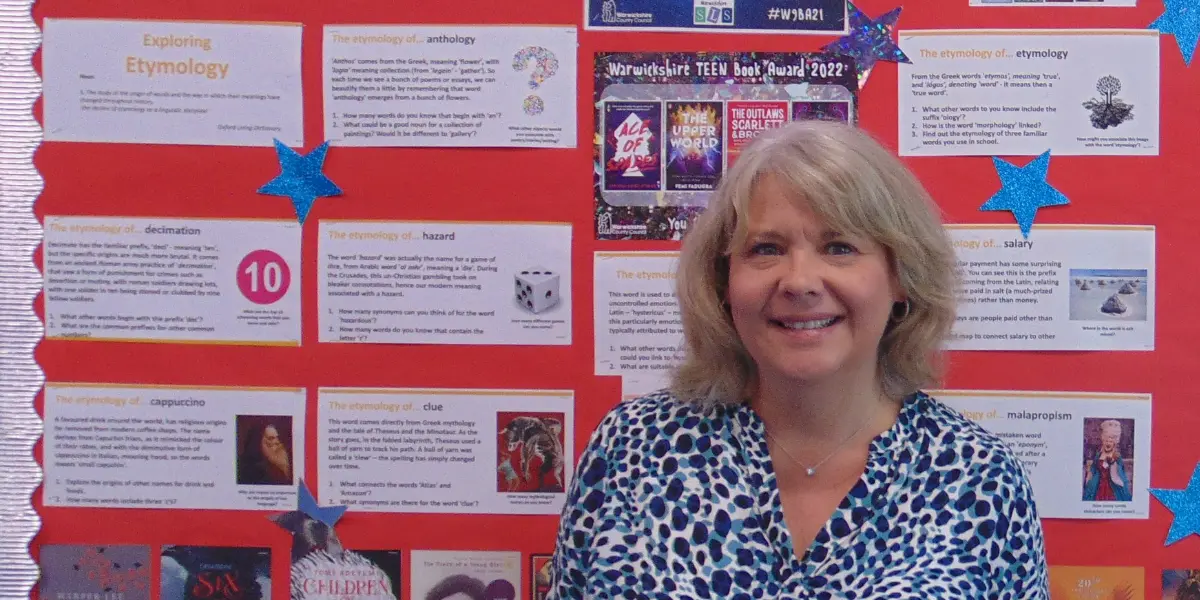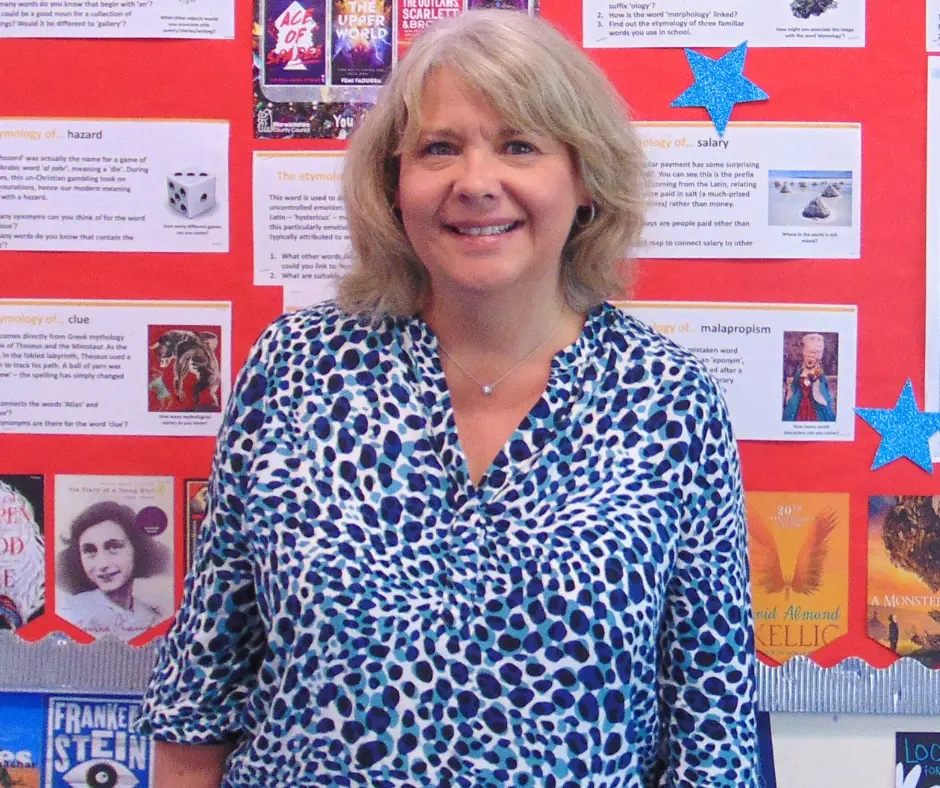Case Study
· UK · Schools & CollegesExhall Grange Specialist School

Our latest case study, sees us check in with Exhall Grange Specialist School, based in Coventry.
Over the course of the last year, 30 of the school’s children have benefited from the Lexonik literacy interventions.
Tell us about you and your school:
I’m Lucia Stephens and I’m Curriculum Lead for English at Exhall Grange Specialist School.
I’ve been an English teacher for some 15 years now, and this is my seventh within specialist education.
I feel really lucky to work in a wonderful school which provides such a nurturing environment to children between the ages of four and 19.
How did you come to learn about Lexonik, and were you convinced about using their solutions from the outset?
I first encountered Lexonik when I was at another school – based in Solihull.
At the time, I had received an invitation along with representatives of other schools, where we would get to observe a Lexonik lesson in action.
It’s not unusual to get asked to consider a new educational offering, but this was certainly a different approach, and I was very keen to attend and to form my own opinion, based on seeing a live learning scenario.
Quite a novel scenario then – and what was your initial response?
There’s no getting away from how incredible it was. The live lesson was just so impressive, and then when you could see the statistics to back up the approach – well, there was no question it was something every teacher would want to consider.
So did you sign up straight away, or were there any other barriers to you doing so?
Admittedly, I hesitated initially and thought it almost seemed ‘too good to be true’ when I saw how impressive the lesson was and how great the statistics were.
But then I got to see the way Lexonik was working with secondary schools, and how it was enabling children from all kinds of backgrounds to grasp the idea of decoding words.
I was clear I wanted to engage with them – but at the time, with the particular school I was working with, there just wasn’t the budget.

It’s no exaggeration to say that pupils can’t wait for their next Lexonik Intervention Session. They regard it as their special time of the week and you genuinely see their confidence increasing. Honestly, I’ve been a teacher for a long time, but I do get emotional witnessing the impact it has.
But things changed when you moved to Exhall?
Yes. In particular, after the pandemic it was evident that we needed to do even more to tackle the huge reading gap, and thankfully we then had money we were able to channel into the right solution – thanks to Government ‘catch up’ funding.
I reconnected with Michelle, and started to explore how we could bring Lexonik alongside us.
How bad had things got over the Covid period, in terms of reading attainment?
It was really significant. We had also got issues around a number of children being too anxious to come back to school, and when you throw that on top of a population of children with various learning difficulties, it was clear we had to do something.
Why was Lexonik such a good solution for the position you were in?
It’s a combination of factors.
It’s the way Lexonik is structured, the way its taught to our teachers, and the methodology in which it’s based.
The combination of the group activities and the 121 approach is so effective.
Did you find the children responded well to it from the outset?
Yes. They absolutely love it.
It’s no exaggeration to say that pupils can’t wait for their next Lexonik Intervention Session.
They regard it as their special time of the week and you genuinely see their confidence increasing.
Honestly, I’ve been a teacher for a long time, but I do get emotional witnessing the impact it has.

There’s no getting away from how incredible it was. The live lesson was just so impressive, and then when you could see the statistics to back up the approach – well, there was no question it was something every teacher would want to consider.
What year groups have been utilising it so far, and how many pupils?
We’ve used it across Years 7 through to 11, and have been able to reach 30 children – some of whom couldn’t read at all at the outset.
The average reading age gains have been 28 months.
How are you facilitating it? Do you have a number of teachers trained?
We have two intervention officers, one of whom is our librarian.
We would ideally like to ensure that one member of staff could be managing the Lexonik relationship and delivery full-time, so we’re working on being able to fund that.
Has the impact been felt across the entire school?
It certainly has. We are an ‘all through’ school, so developing the phonological awareness in the lower years has been great, and we’re even wanting to get to a point where we engage our parents in it more, so that they understand how the Lexonik process works and can then see how this relates to their child’s learning confidence improving.
Any tips you would give to other schools who might be keen to implement Lexonik?
I think I would always try to urge them to look at the potential outcomes, particularly when looking at the cost. I would also encourage schools to have one member of staff to manage that Lexonik link within the school, and to be responsible for making sure that the entire staff community understand how it works and why.
It's such an asset to the school, that the more you can embed it in the school’s culture and community, the better.
If you and your school want to use our literacy interventions for yourselves, check them out here or get in touch for more information.